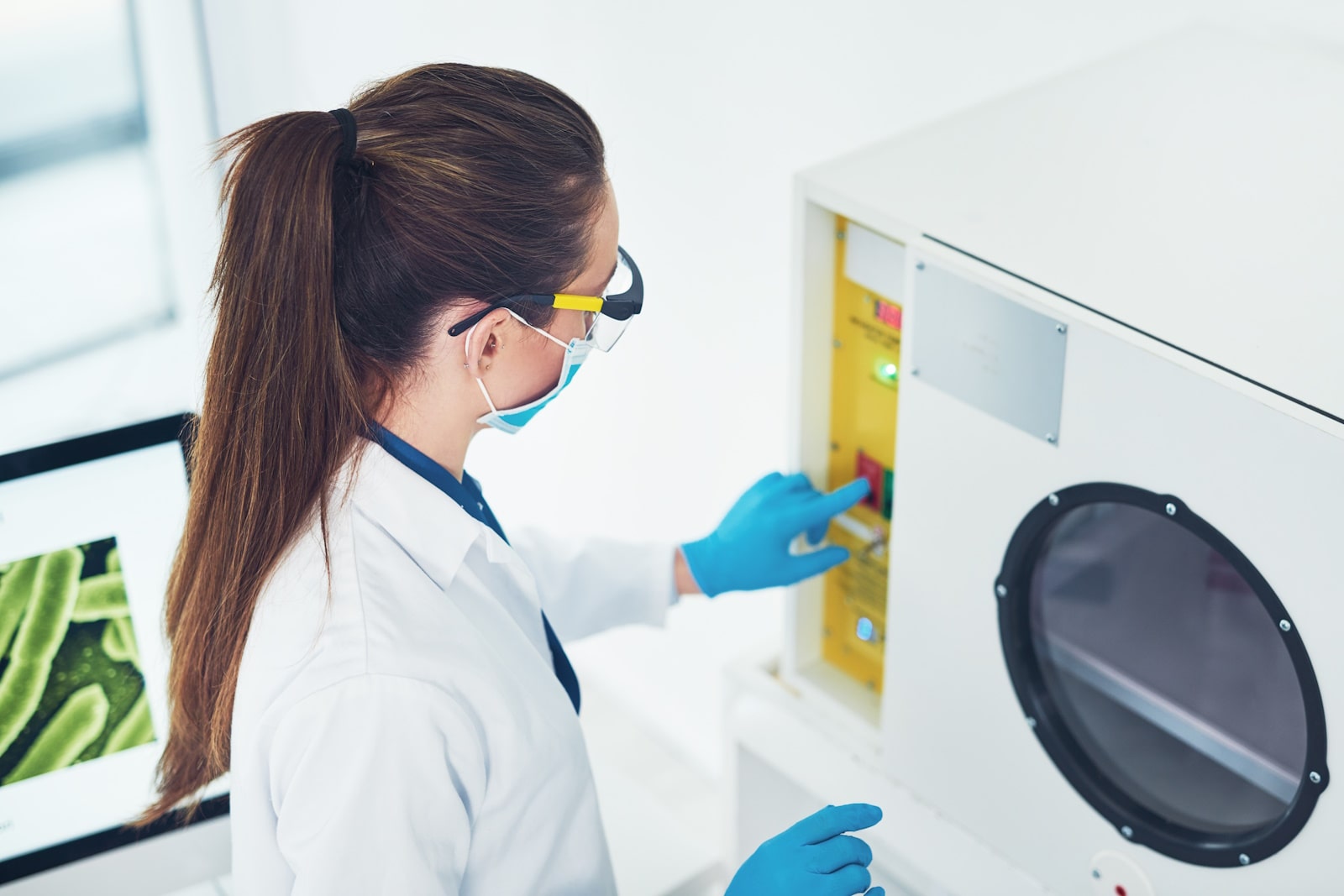Technological Innovations in Medical Waste Disposal
Medical waste disposal is a critical aspect of healthcare operations, ensuring that hazardous materials are managed safely and sustainably. In South Africa, stringent regulations govern the handling and treatment of healthcare risk waste (HCRW), aiming to protect public health and the environment.
Understanding Medical Waste and Its Risks
Medical waste encompasses materials generated during the diagnosis, treatment, or immunisation of humans or animals. This includes infectious waste, sharps, pharmaceutical waste, and chemical waste, all of which pose significant health and environmental risks if not properly managed. South African legislation, such as the Western Cape Health Care Waste Management Act, mandates that all HCRW must be treated at an authorised facility before disposal, ensuring that it is rendered non-infectious and safe for the environment. The importance of effective medical waste disposal cannot be overstated, as improper handling can lead to severe health risks and environmental damage.
Autoclaving Technology: High-Pressure Steam Sterilisation
Autoclaving is a widely used method for treating medical waste, particularly in hospitals and clinics. This process involves subjecting waste to high-pressure steam, effectively sterilising it and rendering it non-infectious. A-Thermal, a South African company, offers non-burn autoclave technology in partnership with Cecor Allied Technologies. Their facility ensures that medical waste is treated efficiently and in compliance with local regulations. The autoclaving process not only sterilises the waste but also reduces its volume, making it easier to handle and dispose of safely.
Incineration Technologies: High-Temperature Waste Destruction
Incineration involves burning medical waste at high temperatures, converting it into ash. This method is effective for treating a wide range of hazardous materials. However, advancements in incineration technologies focus on improving energy efficiency and reducing harmful emissions. Modern incinerators are equipped with advanced filtration systems to capture toxic gases, ensuring that they meet stringent environmental standards. In South Africa, incineration facilities must comply with the National Environmental Management: Air Quality Act, which regulates emissions from industrial processes. By adopting these innovations, medical waste disposal becomes not only safer but also more environmentally responsible.
Microwave Technology: A Cleaner Alternative
Microwave sterilisation uses electromagnetic waves to generate heat, effectively killing pathogens in medical waste. This method is considered a cleaner alternative to traditional incineration, as it produces fewer emissions and operates at lower temperatures. Microwave technology is gaining popularity in South Africa due to its efficiency and environmental benefits. Facilities employing this technology must adhere to the Waste Classification and Management Regulations, which classify medical waste and prescribe treatment methods based on its characteristics. As a result, microwave sterilisation has become a valuable option for medical waste disposal in both hospitals and clinics.
Chemical Disinfection Systems: Neutralising Pathogens
Chemical disinfection involves using chemical agents to neutralise pathogens in medical waste. This method is effective for treating liquid and semi-solid waste, such as blood and bodily fluids. Recent advancements in chemical disinfection focus on enhancing the efficacy of disinfectants and reducing their environmental impact. In South Africa, the use of chemical disinfectants is regulated under the Hazardous Substances Act, which controls the import, manufacture, and sale of hazardous substances.
Waste-to-Energy (WTE) Solutions: Converting Waste to Power
Waste-to-energy technologies convert medical waste into usable energy, such as electricity or heat. This approach not only addresses waste disposal challenges but also contributes to energy generation. In South Africa, the government is investing in waste-to-energy projects as part of its efforts to promote renewable energy. The Department of Energy oversees the implementation of these projects, ensuring that they comply with national energy policies and environmental regulations. Waste-to-energy solutions represent an innovative method for managing medical waste disposal while simultaneously generating renewable energy.
Smart Waste Management Systems: Leveraging Technology for Efficiency
Smart waste management systems utilise Internet of Things (IoT) sensors and data analytics to monitor and optimise the collection, treatment, and disposal of medical waste. These systems provide real-time data on waste levels, enabling healthcare facilities to manage resources efficiently and ensure compliance with regulations. In South Africa, the implementation of smart waste management systems is encouraged to improve the sustainability of healthcare operations.
Regulatory Framework in South Africa
South Africa has established a comprehensive regulatory framework to govern the management of medical waste. Key legislation includes:
- National Environmental Management: Waste Act: Provides a framework for waste management, including the classification and treatment of hazardous waste.
- Waste Classification and Management Regulations: Prescribe requirements for the classification, treatment, and disposal of waste.
- Western Cape Health Care Waste Management Act: Specifically addresses the management of healthcare risk waste in the Western Cape province.
- Hazardous Substances Act: Regulates the import, manufacture, and sale of hazardous substances, including chemical disinfectants.
Healthcare facilities must ensure compliance with these regulations to protect public health and the environment.
Conclusion
Advancements in medical waste disposal technologies are crucial for enhancing the safety and sustainability of healthcare operations. By adopting innovative methods such as autoclaving, incineration, microwave sterilisation, plasma arc technology, chemical disinfection, waste-to-energy solutions, and smart waste management systems, healthcare facilities can effectively manage medical waste in compliance with South African regulations.
For more information on our services and how we can assist with your medical waste disposal needs, please contact us. Together, we can ensure a safer and more sustainable healthcare environment.







